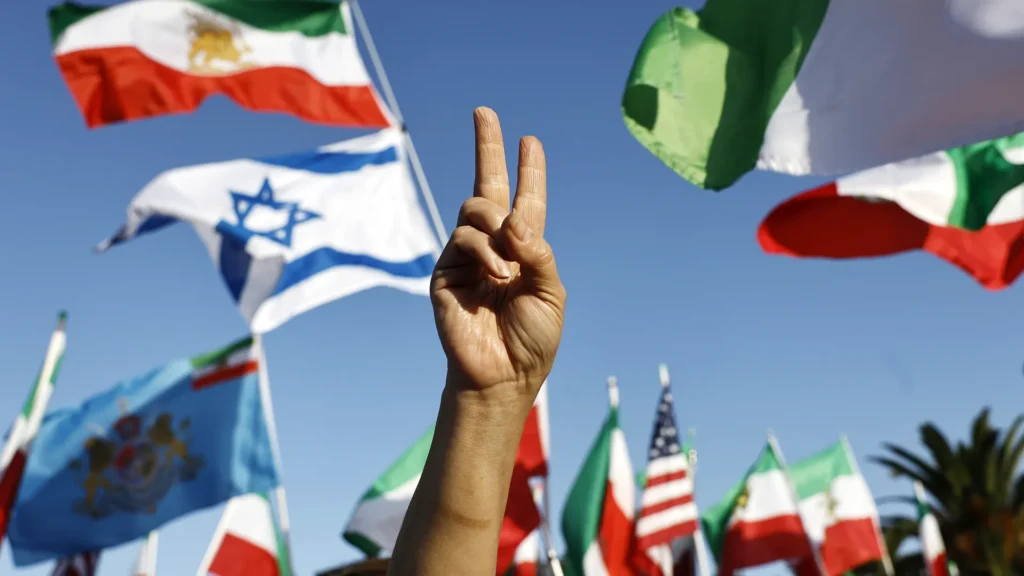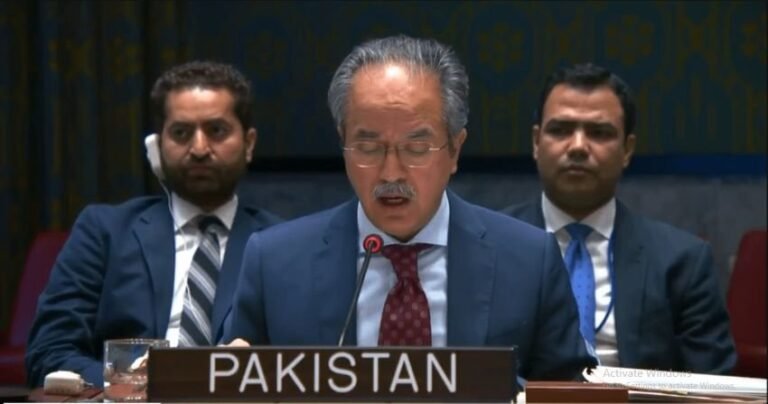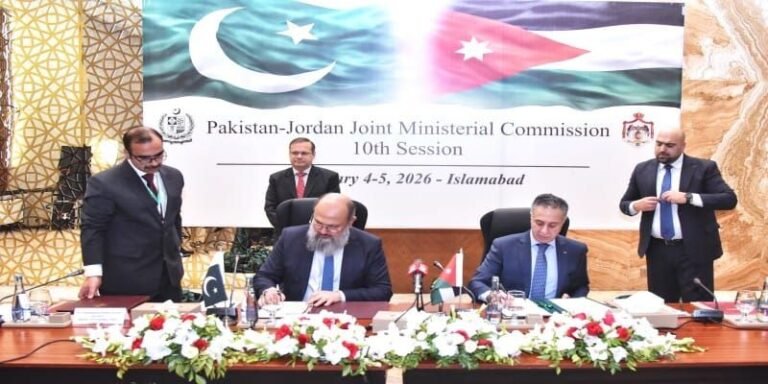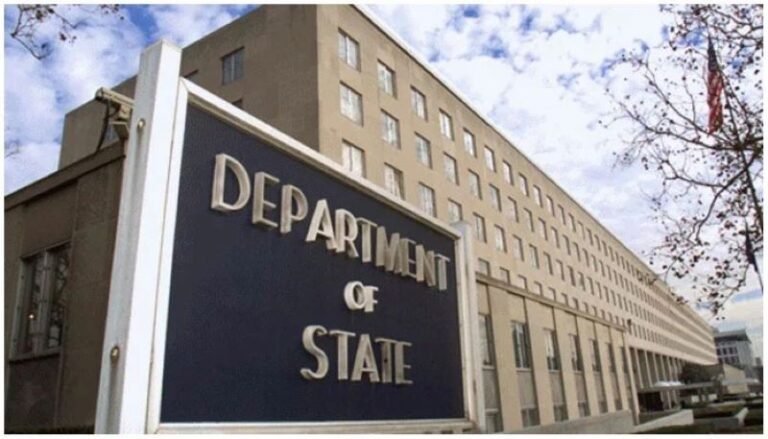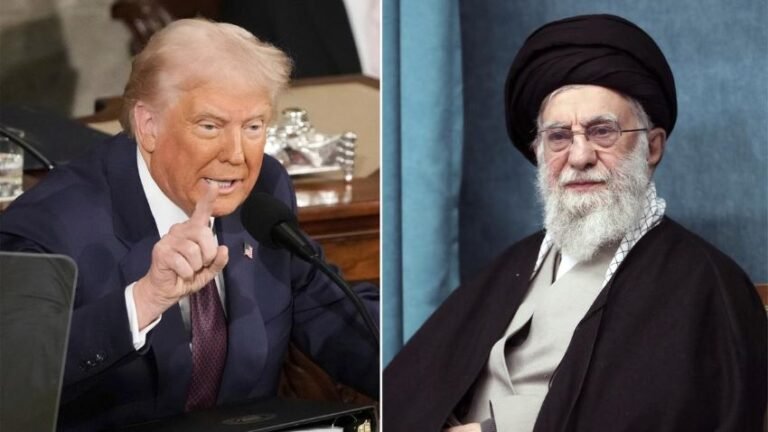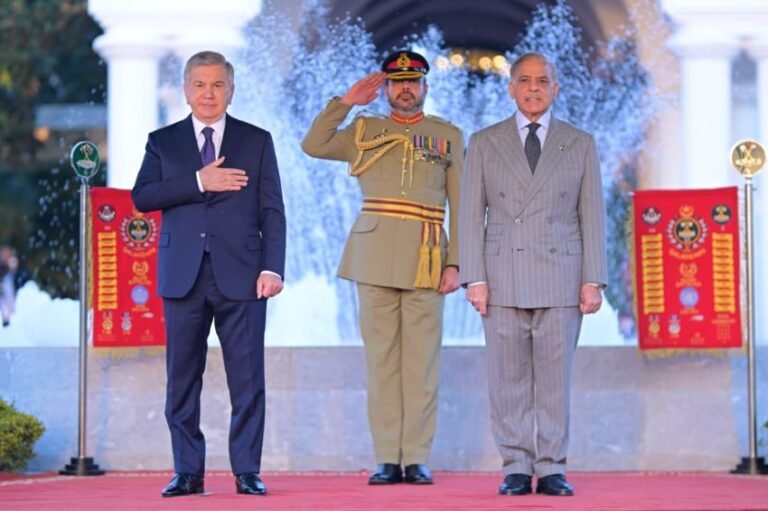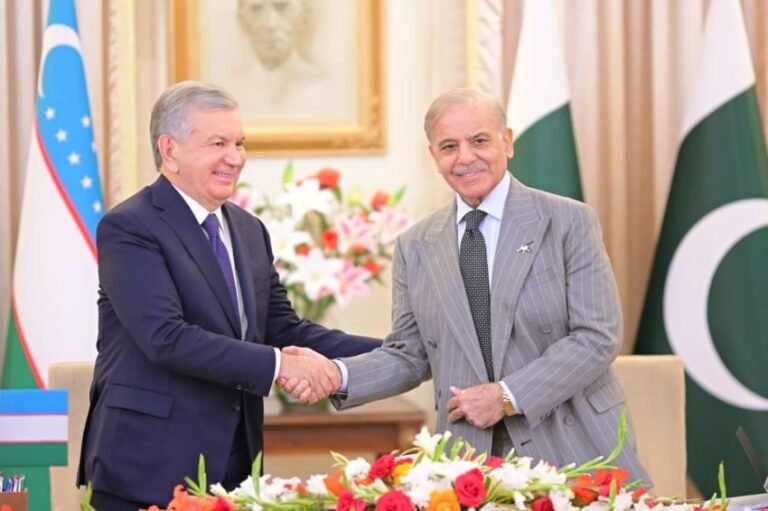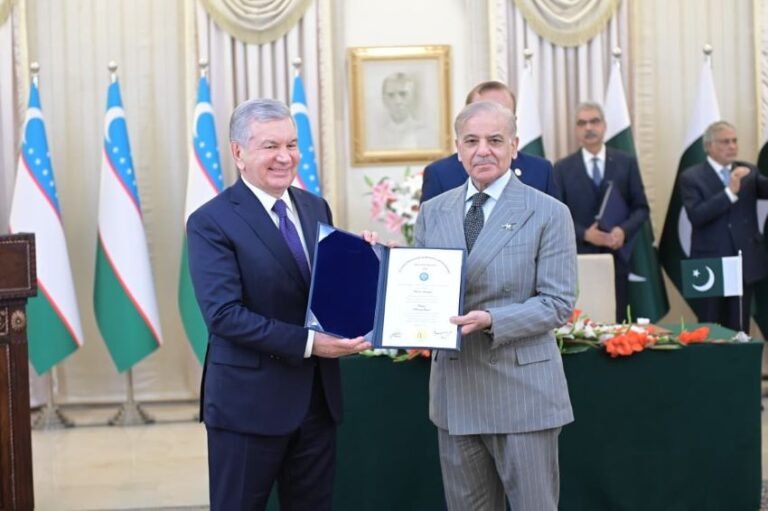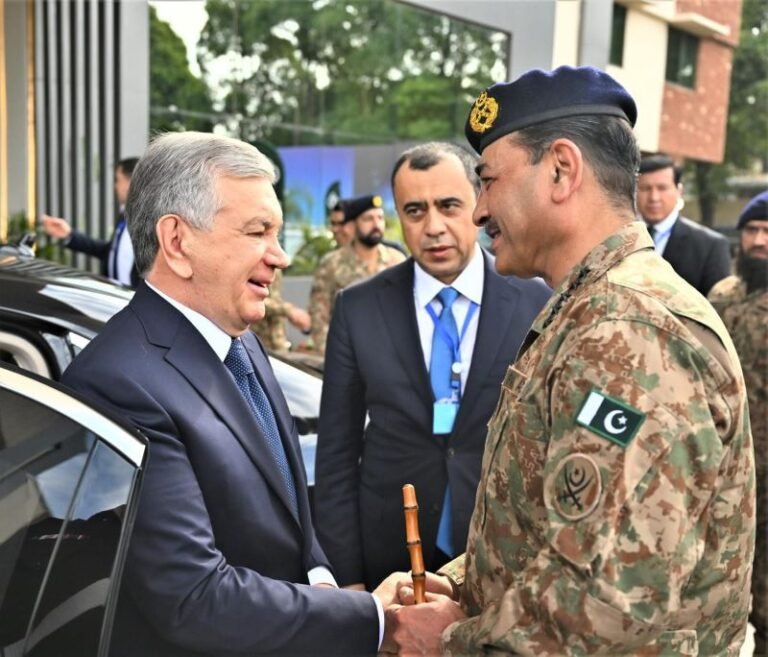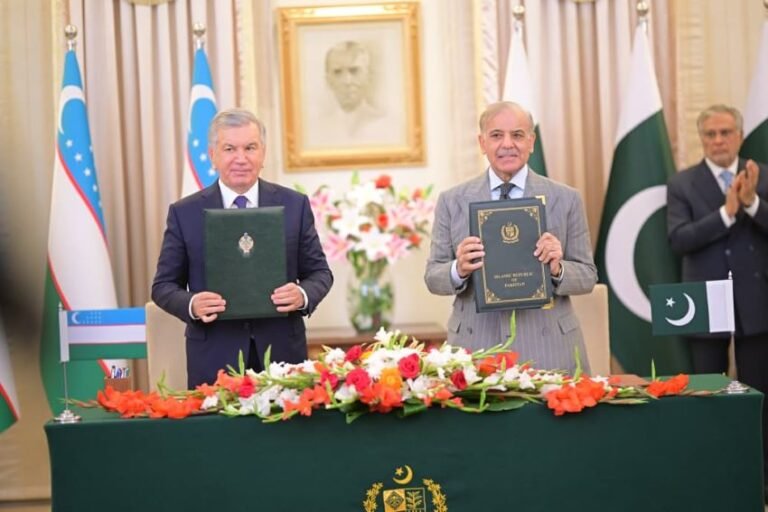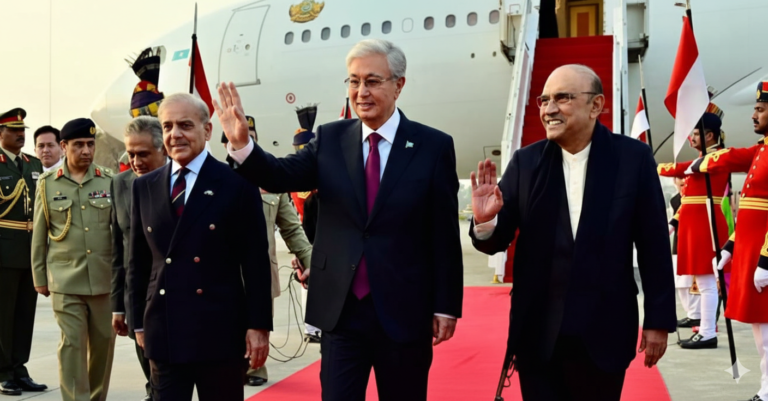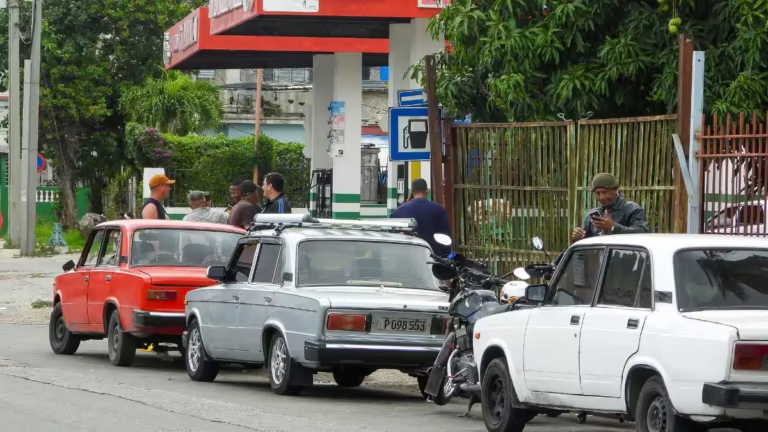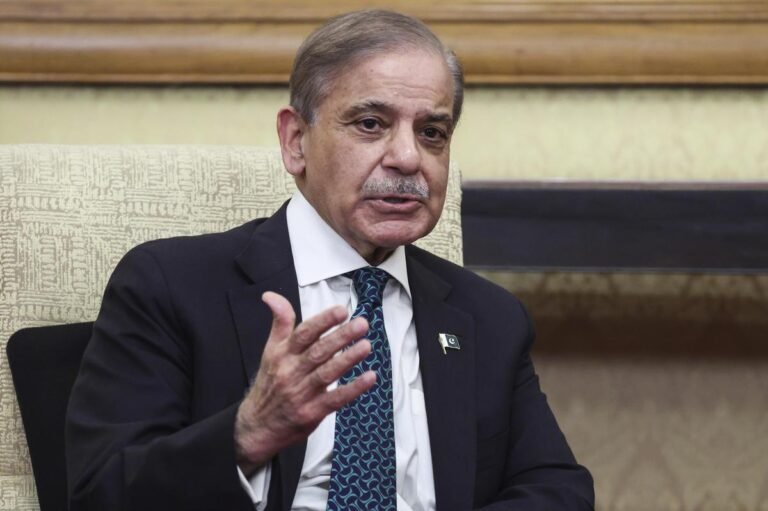In mid-June 2025 a serious military confrontation erupted between Israel and Iran. On June 12, Israel carried out a surprise airstrike on multiple Iranian sites (an operation dubbed “Operation Rising Lion”) targeting nuclear and military facilities.
Israel said its goal was to “eliminate Tehran’s ability to develop a nuclear weapon,” while Iran insists its nuclear program is entirely civilian. Iran quickly retaliated by firing hundreds of missiles and drones into Israel. By June 18, some reports estimated that hundreds of people had been killed on each side.
With both capitals under threat and neither side showing immediate signs of backing down, regional and global leaders moved urgently to prevent the clash from widening into a full-scale war.
Gulf States and Regional Mediation
Oil-rich Gulf Arab states, sharing borders or interests with both sides, became the first to scramble for a diplomatic solution. Saudi Arabia, the United Arab Emirates, Qatar, and Oman immediately engaged in high-level talks with Iran, the United States and other powers.
For instance, Reuters reported that Qatar, Oman and Saudi Arabia appealed to Washington to use its influence on Israel to win a ceasefire and restart nuclear negotiations with Tehran. Oman, a long-time intermediary between Washington and Tehran was reported to be drafting a ceasefire proposal linking a truce to a renewed US-Iran nuclear deal.
In this plan, Iran would suspend enrichment for 1-3 years under strict IAEA monitoring in exchange for U.S. concessions. Iranian sources indicated Tehran could accept, after an Israeli ceasefire, a one-year pause in enrichment and full IAEA inspections, in return for recognition of its peaceful nuclear right and relief from sanctions.
Gulf leaders emphasized urgent de-escalation. The UAE Foreign Minister said President Sheikh Mohammed bin Zayed “conducted intensive diplomatic calls to de-escalate tensions and prevent the conflict from spreading,” warning against “reckless and miscalculated actions” that could widen the war. Likewise, Saudi Crown Prince Mohammed bin Salman and UAE President Mohammed bin Zayed reportedly spoke with Iran’s leaders, and the Emirati president phoned Russia’s President Putin (an Iranian ally) who offered to mediate.
Qatar, already a mediator in the Gaza conflict, engaged daily with all parties. A former Qatari prime minister warned on social media that a collapse of Iran “is not in the interest of the Gulf states” and would be a first-order harm for them. In short, Gulf governments told AFP analysts they felt “we are better off making sure we have a deal with Iran, a diplomatic solution with Iran”.
Still, analysts note that the Gulf monarchies have little direct leverage over the outcome: “the Arab Gulf states have almost no ability to shape Israel’s or Iran’s behavior,” and it is hard to see how Israel’s military campaign “ends well for Iran’s Arab Gulf neighbors”. Their main hope lies in pressuring great powers to broker a ceasefire.
On June 23, Iran launched a retaliatory missile attack targeting the US Al Udeid Air Base in Qatar, in response to American military actions. Qatar’s Ministry of Defense reported that its air defense systems intercepted 18 out of 19 incoming missiles, with one striking the base without causing casualties. The incident drew strong condemnation from Gulf states, including Qatar, Saudi Arabia, and the UAE, underscoring regional alarm at the conflict’s expansion beyond Israel and Iran.
Egypt, a key Arab actor with longstanding diplomatic ties, also joined the calls for restraint. Cairo emphasized the urgent need for de-escalation through political dialogue and reiterated its support for regional stability. President Abdel Fattah el-Sisi called on both parties to “immediately cease hostilities” and warned that continued escalation could have “catastrophic implications for the wider Middle East.”
Egypt also used its diplomatic channels to work with Gulf partners and the Arab League to push for a coordinated Arab stance on ceasefire initiatives.
United States
The United States, Israel’s chief ally, quickly became a focal point of diplomacy. President Donald Trump voiced strong support for Israel but also faced calls to intervene. At the G7 summit on June 16 in Canada, French President Emmanuel Macron said Trump had presented an offer for an Israel-Iran ceasefire.
Macron told reporters: “There is indeed an offer to meet and exchange. An offer was made especially to get a ceasefire and to then kick-start broader discussions”. The White House confirmed that Mr. Trump would decide within two weeks whether to join Israel militarily. In the meantime, US forces (including strategic bombers) were moved closer to the region as a deterrent. US officials publicly said only that “any decision” on direct intervention was being weighed, while continuing to assist Israel’s missile defense.
On June 22, the US launched coordinated military strikes on three major Iranian nuclear sites; Natanz, Fordow, and Isfahan using strategic bombers and cruise missiles. President Trump called the operation a “very successful attack” aimed at neutralizing Iran’s nuclear capabilities. In retaliation, Iran launched ballistic missiles at US military installations in the region, most notably Al Udeid Air Base in Qatar on June 23.
Although most of the missiles were intercepted, the escalation marked a direct military confrontation between Iran and the United States.
For now, the Trump administration had left room for a diplomatic outcome. Sources told that the US was even open to resuming talks with Iran if a ceasefire could be secured. In effect, Saudi, Qatari and Omani envoys pressed Washington to rein in Israel, while Israel’s leaders insisted that only military pressure could deter Iran.
US Secretary of State Marco Rubio (not the real-world current holder of that post) reportedly signaled Washington’s openness to direct talks with Tehran if Iran showed seriousness. In private, Washington supported EU overtures to negotiate a new nuclear accord. But publicly the U.S. continued to condemn Iran’s missile strikes and reminded the world that Iran’s missile and nuclear programs were at issue.
European Union (France, Germany, United Kingdom)
Europeans also intensified crisis diplomacy. The E3 (France, Germany, Britain) countries that negotiated the 2015 Iran nuclear accord met Iran’s foreign minister in Geneva on June 20 to discuss de-escalation. EU leaders unanimously called for dialogue. French President Macron proposed a broad European offer to Iran: a deal under which Tehran would move to zero uranium enrichment, limit its ballistic missiles, and end funding of proxies.
Macron said Europe was willing to negotiate beyond just the nuclear issue, hoping to “prioritize a return to substantial negotiations, including nuclear negotiations to move towards zero enrichment, ballistic negotiations and an end to financing of all terrorist groups”. These sweeping proposals were intended to give Iran incentives to halt its retaliation, but they also overlapped with what Iran was willing to discuss, if and only if Israel’s bombardment stopped.
In Geneva, European ministers stressed the urgency of talks. France, Britain, Germany and the EU urged Iran to re-engage with the US on its nuclear program, even as Tehran insisted it would not negotiate while under attack. Iran’s Foreign Minister Araghchi told them Iran was ready to resume diplomacy once Israel ceased its strikes. The Europeans left the meeting without a breakthrough.
According to diplomats, they explored “parallel” tracks, negotiating a tougher nuclear deal with Tehran (including stricter inspections and limited enrichment) while hostilities continued. Macron even shifted France’s position closer to Washington’s, stating publicly that any new deal must aim at zero enrichment. However, French officials acknowledged that short of a ceasefire, these talks would be very difficult: Israeli officials made clear they would not halt military action without guarantees.
United Nations
The United Nations had been an active forum for calls to end the fighting. On June 18 UN Secretary General António Guterres issued a stark warning: he remained “profoundly alarmed” by the exchange of air strikes and missiles, and said the conflict must not be allowed to expand. At an emergency Security Council session on June 20, Guterres said an expanded war “could ignite a fire no one can control,” adding that “moments like this will shape our collective future”.
He appealed directly to all parties – Israel, Iran and potential interveners – with a simple message: “give peace a chance.” António Guterres reiterated that only diplomacy could resolve the crisis and urged the Security Council to act as the representative of the international community.
Other UN agencies and envoys echoed this plea. The IAEA Director-General warned that attacks on nuclear sites risked “radioactive releases with great consequences”. UN diplomats noted that a Security Council resolution demanding a ceasefire was unlikely due to veto-power divisions, but numerous member states publicly condemned the violence.
Both Iran’s and Israel’s UN ambassadors gave angry speeches at the Council meeting. Israel’s representative vowed to continue military pressure until Iran’s “nuclear threat is dismantled,” while Iran’s envoy claimed Iran would defend itself from aggression. In any case, the UN agreed that the only viable path forward was political: in an Arab League communique and elsewhere, international leaders stressed that dialogue – not force – is the only way to resolve this crisis.
Pakistan
Pakistan, sharing a 905 km border with Iran, watched the conflict with acute concern. It swiftly condemned Israel’s strikes on Iran. Pakistan Foreign Ministry issued a statement calling the attacks “blatant provocations” and violations of Iranian sovereignty, and urging the UN to uphold international law by stopping the aggression.
Prime Minister Shehbaz Sharif joined calls for an “immediate” ceasefire, warning that further escalation would be detrimental to regional and global peace. He spoke directly with Iran’s leaders, offering Pakistan’s help in ending the hostilities. Foreign Minister Ishaq Dar told parliament that Iran had asked Pakistan to convey a message: if Israel halts its attacks, Iran would be prepared to return to negotiations.
Pakistan closed five border crossings and evacuated hundreds of its citizens (pilgrims, students) from Iran amid the flare-up, underscoring how the war next door threatened Pakistan’s own security. Overall, Pakistan has aligned with other Muslim-majority countries in pressing for de-escalation and mediation.
Other Regional and Global Powers
Several other key states also responded diplomatically. China voiced public concern and urged restraint. China’s Foreign Minister Wang Yi condemned Israel’s strikes as violations of Iran’s security and sovereignty, and a state media editorial called on “influential major countries” to work toward ceasefire and dialogue to prevent disaster.
Beijing cautioned that stoking the conflict “serves no one’s interests”. China has deep ties with Iran (as a top trading partner) and expressed readiness to play a constructive role, though it noted Israel had shown little interest in Chinese mediation so far.
Russia offered to help negotiate. Russian President Putin, an ally of Tehran was reported to have told Gulf leaders he would reach out to both Trump and Netanyahu to seek an end to hostilities. Turkey, which has good ties, was said to have been asked by Iran to convey Tehran’s ceasefire wish to Washington. None of these powers has proposed a specific plan yet, but their engagement signals broad international concern.
Regionally, Arab states outside the Gulf also acted. On June 20, an emergency meeting of the Arab League’s foreign ministers (chaired by Iraq) issued a statement “strongly condemning” the Israeli strikes on Iran as a “blatant violation” of a UN member’s sovereignty. They called for an immediate end to hostilities and urged intensified regional and international efforts to de-escalate tensions.
The Arab communique stressed that diplomacy and adherence to international law must guide any response. Even countries that had recently normalized with Israel like UAE joined others in demanding an end to the bombing. In sum, voices from the UN, Europe, Asia and the Muslim world are united in demanding that the two sides halt fighting and return to negotiations.
Implications and Outlook
The Iran-Israel confrontation carries grave global risks. Beyond the immediate humanitarian toll, there are strategic and economic consequences. Iran has explicitly threatened to close the Strait of Hormuz, in this ’12 day war,’ through which roughly 20% of the world’s oil supply passes.
Such a move would seriously disrupt global energy markets. US and European leaders did warn that a wider war could undermine oil and financial stability. There were also fears of a nuclear incident: analysts note that further strikes on any nuclear facility (Iran’s or even Israel’s presumed arsenal) could have catastrophic fallout.
So far, the fighting appeared contained within the two belligerents, but almost no one believed it will stop on its own. All sides said they will keep fighting until goals are met. International diplomats were racing against the clock to change those terms. The Omani and Gulf plans on the table sought to trade a de facto nuclear freeze for a ceasefire.
France and its EU partners proposed tying Iran’s enrichment limits to halting the war. Even Pakistan and China, not direct parties, offered to host or facilitate talks. In private G7 discussions, US and allied officials talked of parallel steps: showing readiness to negotiate a new accord while simultaneously continuing pressure on Iran’s arms.
Despite this flurry of initiatives, trust was low. Israel did not signal willingness to stop strikes unless it achieved decisive results, and Iran said it won’t negotiate under fire. Observers noted that any pause in hostilities will likely be phased: for example, Iran’s sources said they would pause their strikes once Israel did, while Israel insisted Iran end its nuclear and missile ambitions first.
On June 24, both Iran and Israel announced a mutually agreed ceasefire following international mediation led by the United States, Qatar, and Oman. The ceasefire aimed to de-escalate tensions and created space for future diplomatic negotiations. President Trump and Iranian officials confirmed the agreement, while Israel stated it had achieved its military objectives.
“Key sticking points remain: whether Iran will permanently give up enrichment (Europe and the US push for “zero”), and whether Israel will agree to any power-sharing or guarantees after the war.”
In conclusion, the international community was united in seeking a ceasefire, but options were limited and fragile. Ceasefire diplomacy involved a web of actors: Gulf mediators, the US and EU, the UN, plus China, Russia and others urging calm. The Arab League and OIC demanded an end to aggression and a return to talks.

Aroosa Salahuddin
Managing Editor at The Diplomatic Insight.
Aroosa has extensive experience in media, public relations, project management, and strategic communications. With an MPhil in Strategic Studies and a specialization in Pakistan’s digital diplomacy, Aroosa has worked with influential national and international organizations. Her expertise spans advocacy, crisis communication, digital strategy, and stakeholder engagement.
- Aroosa Salahuddin

